Alex Cheong Pui Yin
29th March 2023 - 3 min read
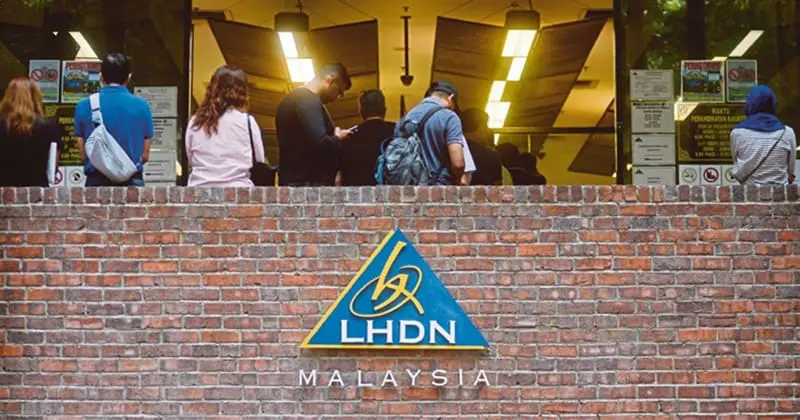
The Inland Revenue Board (LHDN) has said that it is set to introduce its e-invoicing initiative starting from early next year. With this, taxpayers will no longer need to keep physical copies of their receipts, invoices, and vouchers for seven years – as is currently required.
According to the chief executive officer of LHDN, Datuk Dr Mohd Nizom Sairi, the e-invoicing platform will enable taxpayers to upload and store their purchase records online with LHDN. As such, it eliminates the need to keep hard copies of receipts as it is already available in soft copy.
“Principally, when it is fully implemented, the e-invoicing initiative will reduce the burden of record keeping by taxpayers. (By then), a lot of (their) information would already be with LHDN. E-invoicing will change everything,” said Datuk Dr Nizom, adding that LHDN hopes to obtain support from the relevant parties to ensure the platform’s implementation by next year.

For context, e-invoicing has been permitted in Malaysia since 2015 (requiring agreement from both the vendor/seller and customer), but it is not a widespread practice. Former Finance Minister Tengku Datuk Seri Zafrul Abdul Aziz then proposed the wider adoption of e-invoicing for Malaysia in the original tabling of Budget 2023 in October 2022, as part of a broader digitalisation of tax administration. The initiative was, however, removed in the revised Budget 2023, tabled in February 2023 by the current Prime Minister Datuk Seri Anwar Ibrahim, who is also the Finance Minister.
To further explain, e-invoicing involves storing your invoice documents and purchase receipts in digital format, and these documents or data can then be uploaded into the platform managed by LHDN. After that, the data will be extracted and pre-filled into the taxpayer’s income tax form. Taxpayers, in turn, will only need to review the details and make any necessary amendments – ultimately enjoying a more convenient tax filing process.
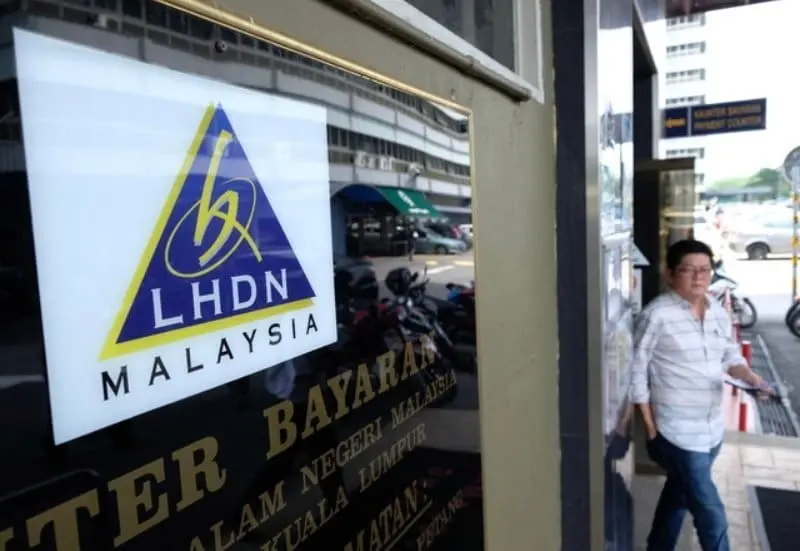
Furthermore, e-invoicing has already been introduced in several other countries. These include Thailand, the Philippines, Japan, New Zealand, and France – just to name a few.
In the meantime, however, Malaysians are still required to keep their invoices and receipts (including EA forms, donation receipts, book purchases, and annual insurance statements) for a period of seven years, as directed under Section 82A(1) and Section 82A(2) of the Income Tax Act 1967. If LHDN decides to audit your tax returns, they will have the right to request for these documents. Those who fail to keep these documents can be fined up to RM10,000 under Section 119A of the Act.
(Source: New Straits Times)
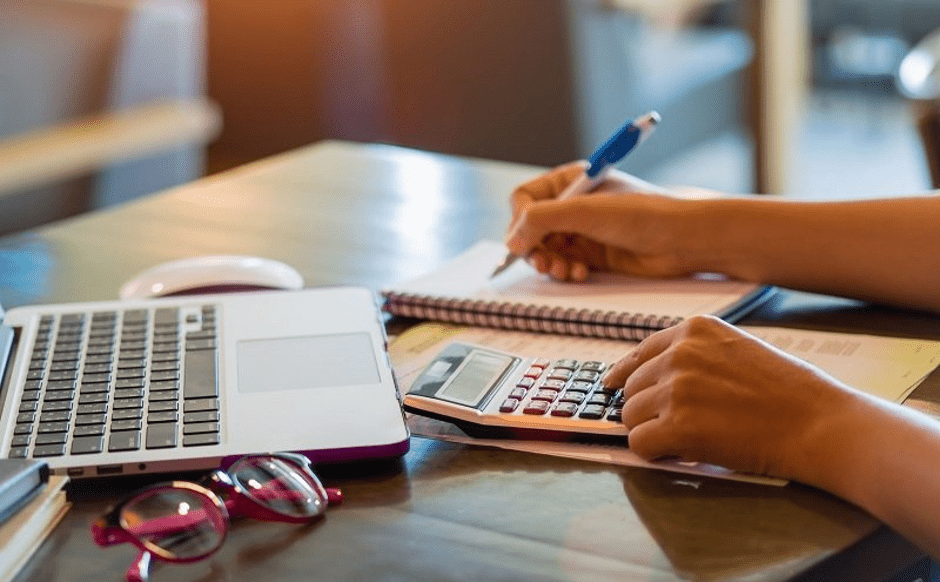
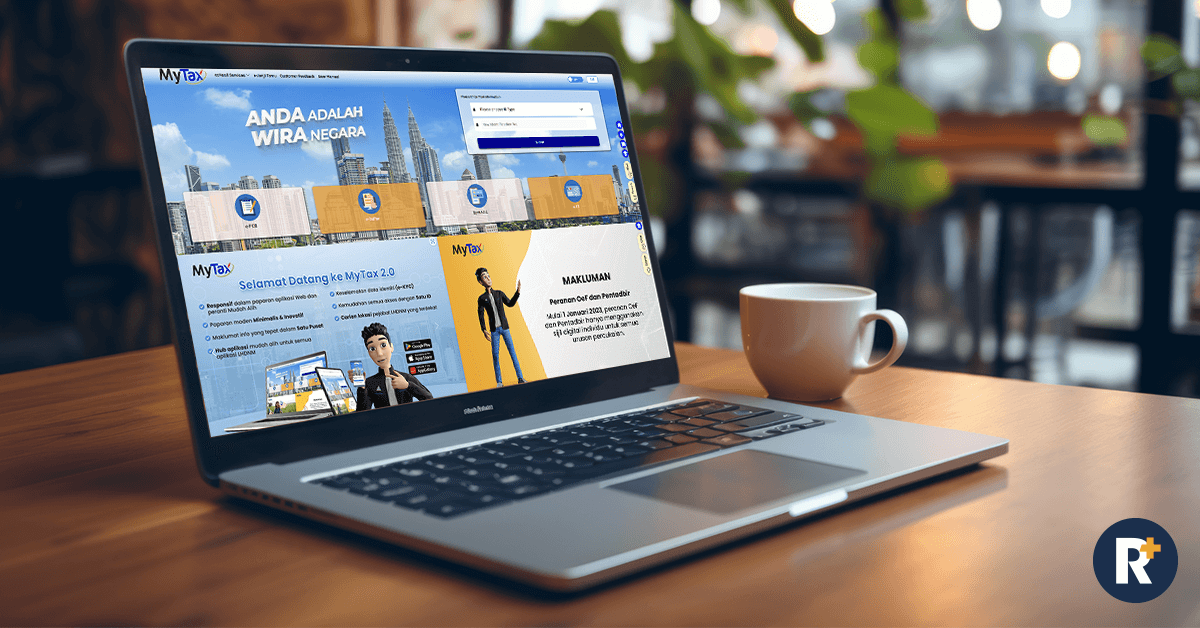
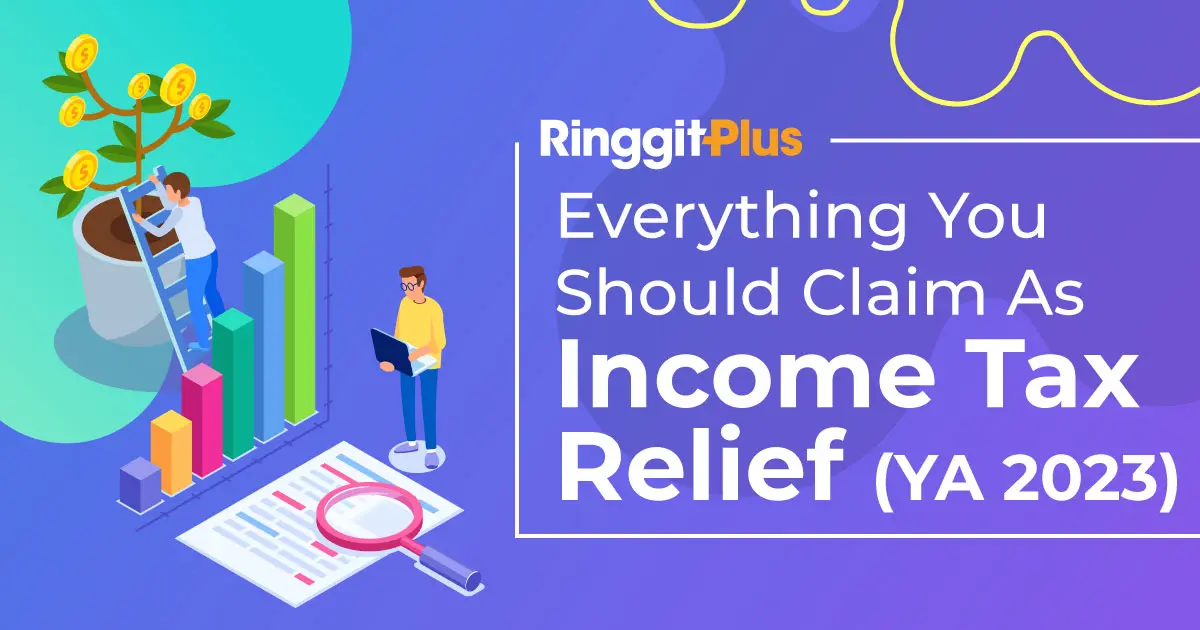

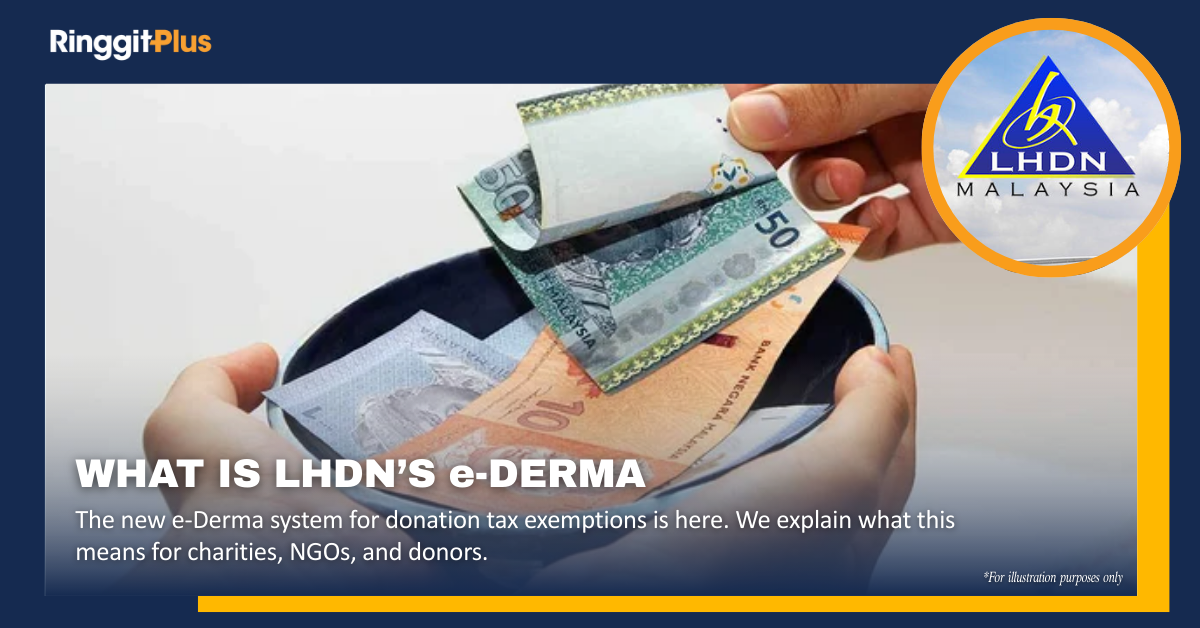

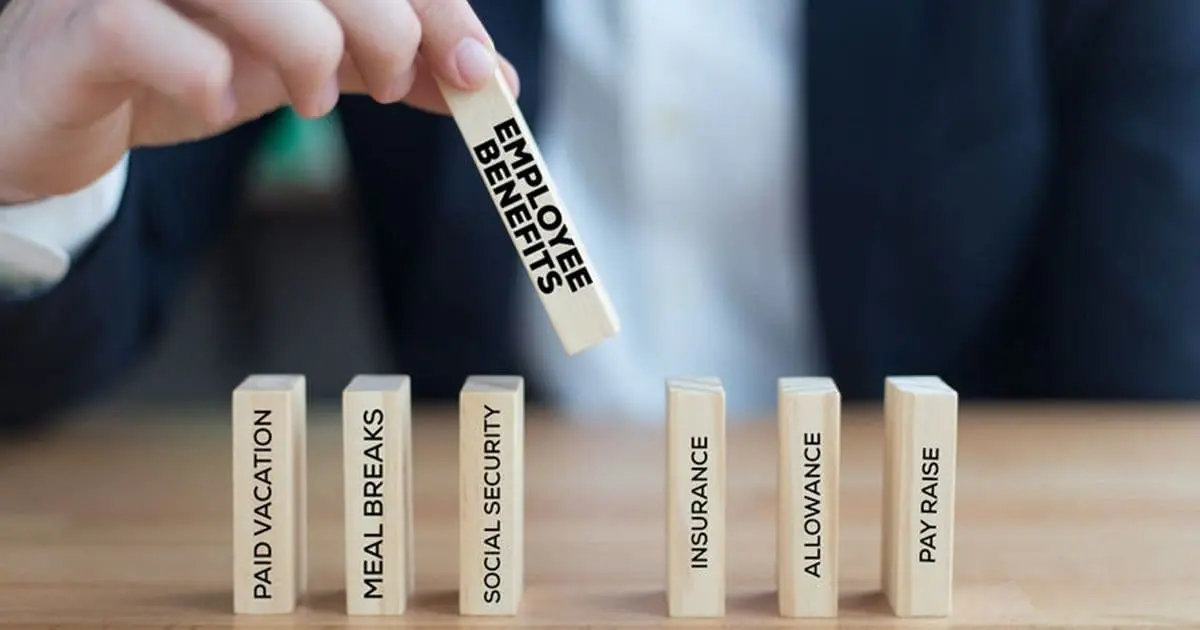

Comments (0)